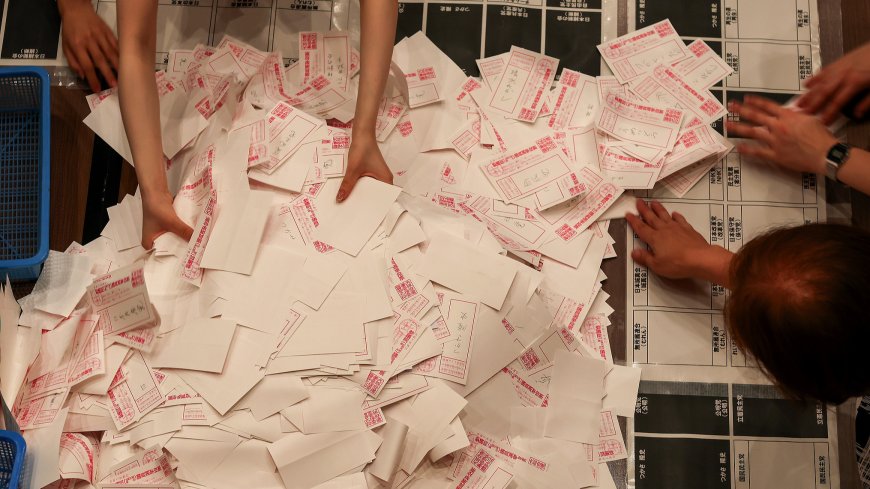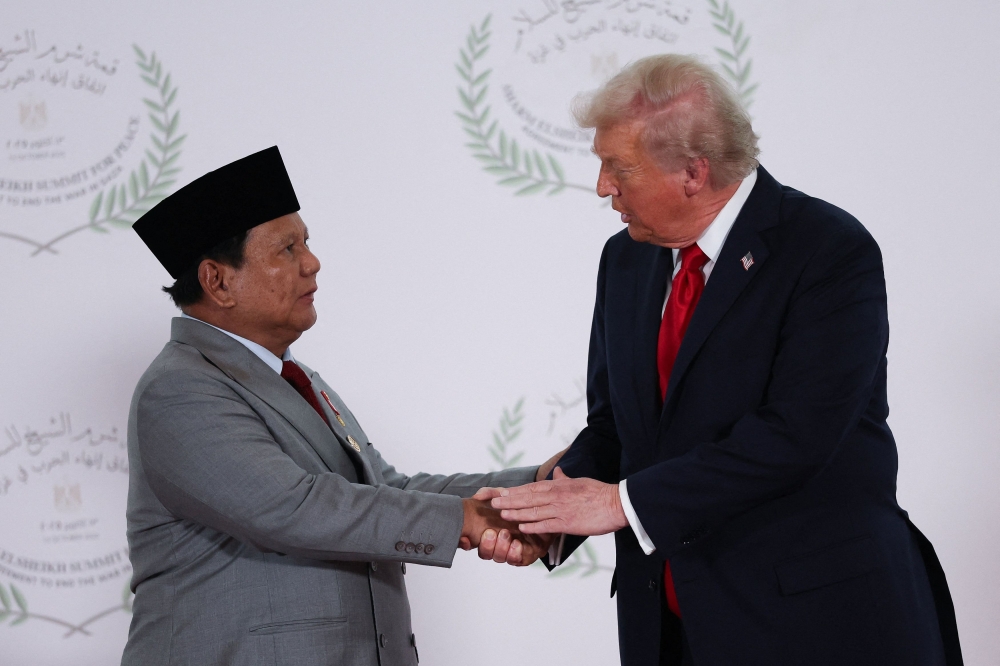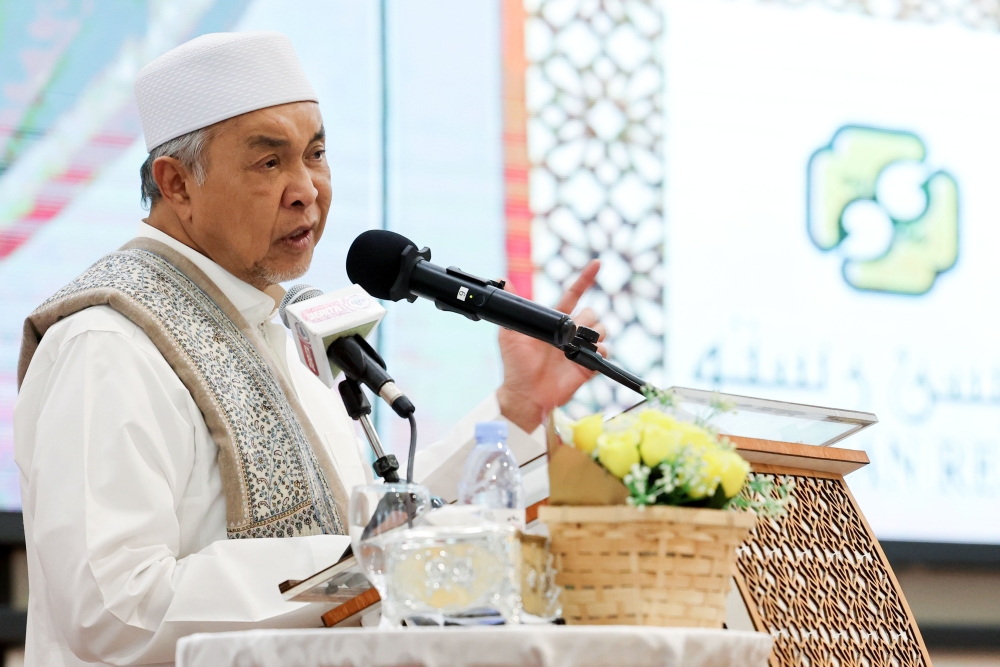Japan PM Ishiba vows to stay on after bruising election defeat

Japanese Prime Minister Shigeru Ishiba vowed to remain in office on Monday after his ruling coalition suffered a bruising defeat in upper house elections, prompting some of his own party members to deliberate his future as the opposition weighed a no-confidence motion.
The embattled premier told a news conference he would remain in office to oversee tariff talks with the United States and other pressing matters such as rising consumer prices that are straining the world's fourth largest economy.
"What is most important right now is to avoid causing stagnation in national politics," Ishiba said, vowing efforts to fulfill the responsibilities as the leading party.
His remarks came amid growing public dissatisfaction over rising living costs and policy missteps, which analysts say contributed to the poor performance of the ruling bloc.
Ishiba's days may be numbered
Analysts say his days may be numbered, having also lost control of the more powerful lower house in elections last year and shedding votes on Sunday to opposition parties pledging to cut taxes and tighten immigration policies.
"The political situation has become fluid and could lead to a leadership change or the reshuffling of the coalition in coming months, but Ishiba will likely stay to complete the tariff negotiations with the U.S. for now," Oxford Economics' lead Japan economist Norihiro Yamaguchi told Reuters.
Xiang Haoyu, a specially appointed research fellow at the Department for Asia-Pacific Studies, China Institute of International Studies, said the factors including the no-breakthrough tariff negotiations between Japan and the U.S. as well as the lackluster performance in improving livelihood since Ishiba took office resulted in the crushing defeat.
Noting the defeat leaves Ishiba facing internal party calls for his resignation over accountability, Xiang said even if Ishiba insists on remaining in power, his administration will face significant challenges moving forward.
Xiang went on to say that the political situation in Japan will face great uncertainty in the future. On the one hand, Ishiba could make a desperate move by dissolving the lower house and calling a snap election in an attempt to reshuffle the political landscape, Xiang said, adding that however, if Ishiba's Liberal Democratic Party (LDP) suffers another defeat, it could plunge the government into a vicious cycle.
On the other hand, Ishiba would be to negotiate with opposition parties to form a grand coalition, regaining a majority in parliament and securing his hold on power, Xiang added.
Regardless of the path taken, Japan's political situation is likely to remain unstable in the coming period, potentially undermining policy consistency and continuity, Xiang said.
The uncertainty of Japan's political situation will also increase the difficulty of reaching a Japan-U.S. tariff agreement, especially the difficulty for the Japanese side to safeguard its own interests in the negotiations, Xiang said, adding that if no tariff agreement is reached before August 1 and the U.S. tariffs are implemented, the Japanese economy may suffer a blow and Ishiba will face even greater criticism from within Japan.
Populist politics
LDP, which has ruled Japan for most of its post-war history, and coalition partner Komeito returned 47 seats, short of the 50 seats it needed to ensure a majority in the 248-seat upper chamber in an election where half the seats were up for grabs.
The leader of the main opposition Constitutional Democratic Party (CDPJ), Yoshihiko Noda, said on Sunday he is considering submitting a vote of no-confidence in the Ishiba administration as the result showed it did not have voters' trust.
The CDPJ returned 22 seats in the ballot, finishing second.
Some senior LDP lawmakers were also quietly voicing doubts over whether Ishiba should stay, according to local media reports on Monday.
Among them was former prime minister Taro Aso, leader of a powerful faction within the ruling party, who said he "couldn't accept" Ishiba staying on, Japan's TV Asahi reported. Senior party members including Aso met on Sunday evening to discuss whether Ishiba should resign, Sankei newspaper reported.
The far-right Sanseito party clocked the biggest gains of the night, adding 14 seats to one elected previously.
Launched on YouTube, the party found wider appeal with its "Japanese First" campaign. Dragging once-fringe rhetoric into the mainstream, its success could mark the arrival of populist politics in Japan.
Xiang noticed the rise of far-right Sanseito, saying that it could fuel more conservative and populist sentiments in Japan.
This trend may push the country toward a more aggressive and hardline foreign policy, increasing uncertainty in regional security dynamics, Xiang said.
(Source:CGTN)
























/file/attachments/2988/P1YoungLeaders_622876.jpg)































